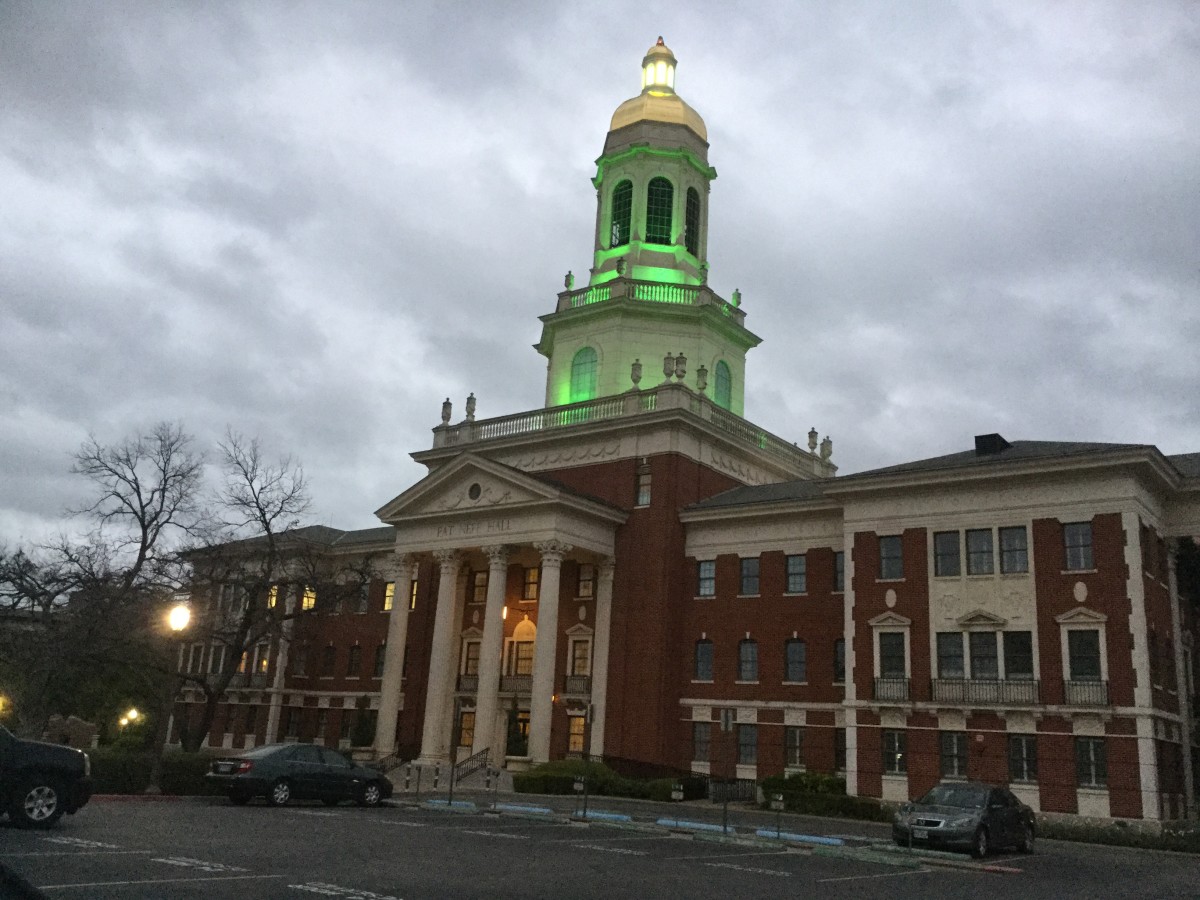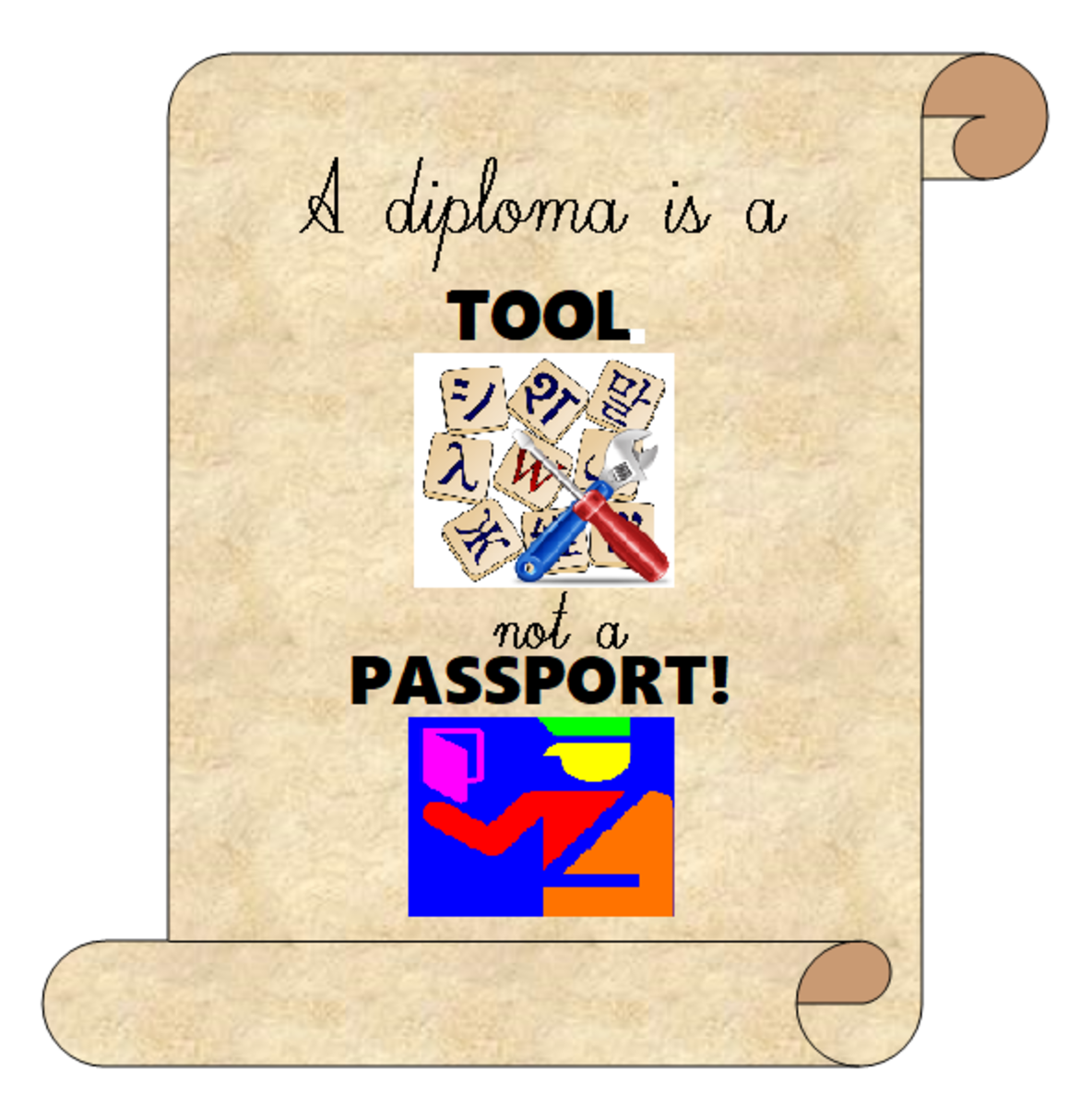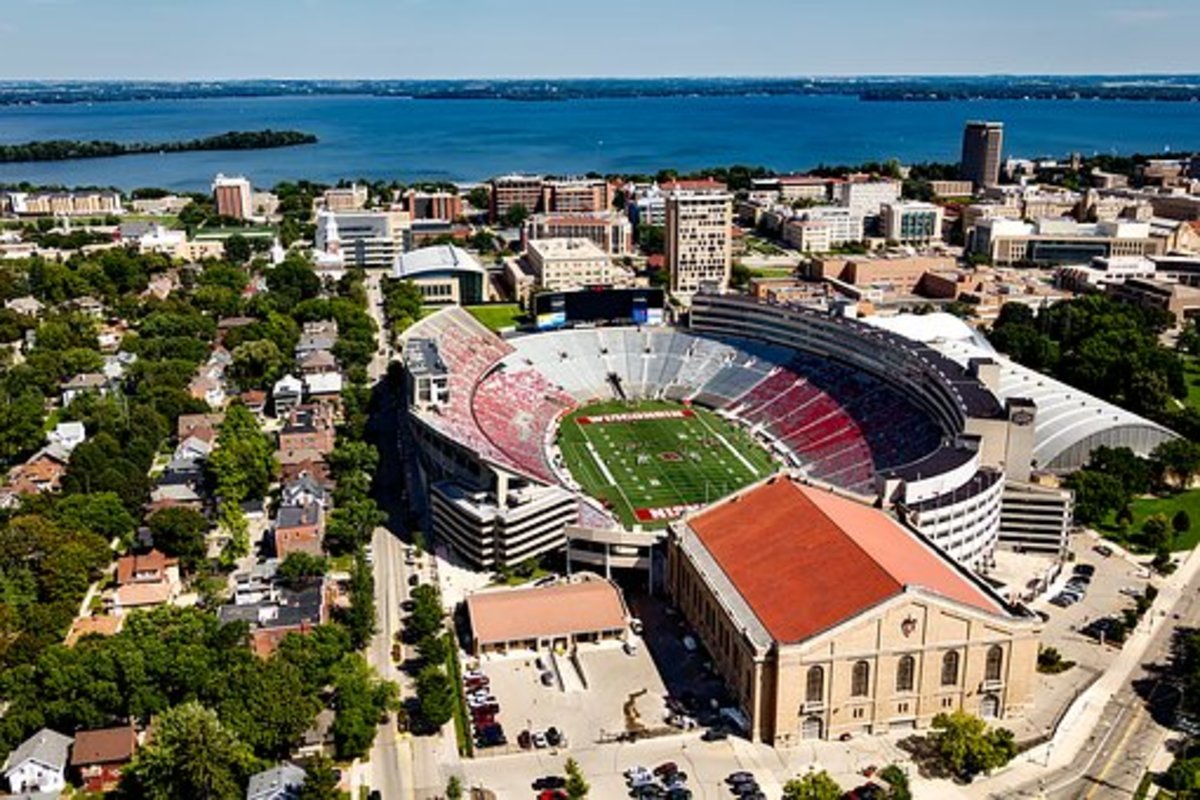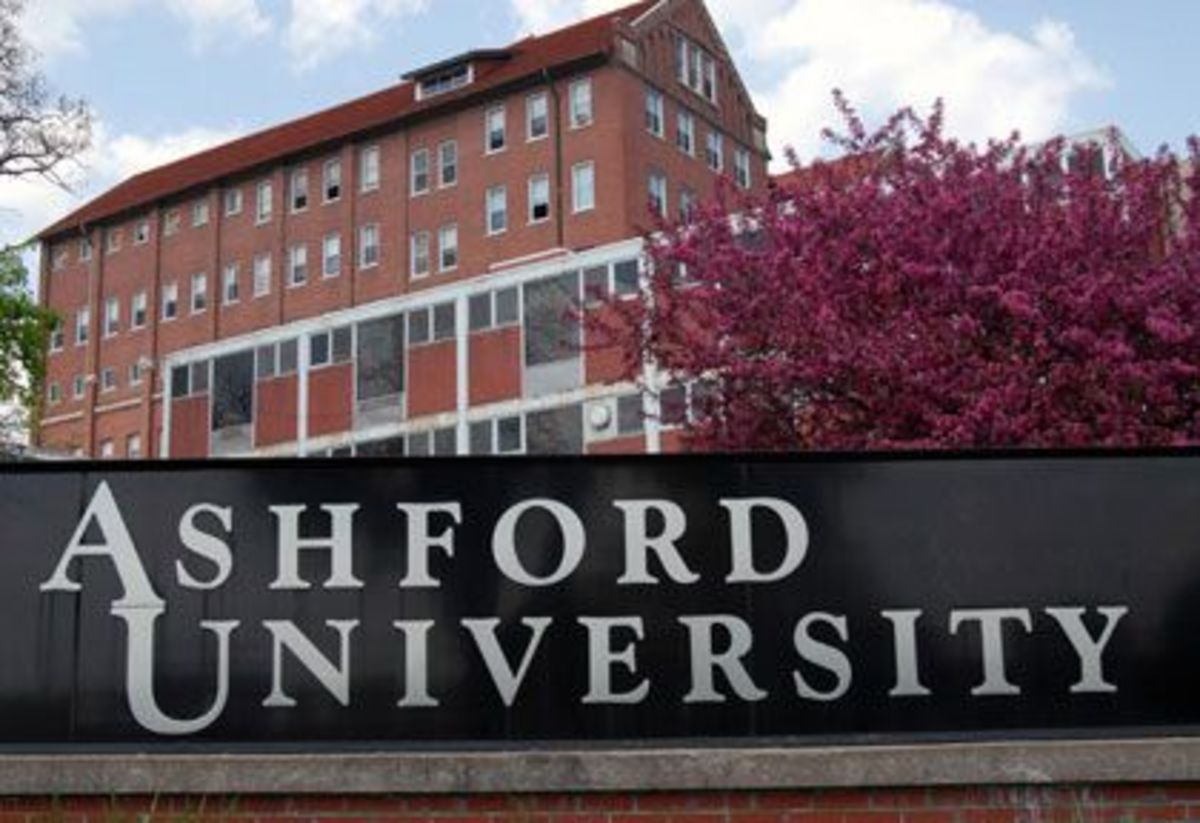When Degrees are Useless
"Obviously, we are not doing enough to prepare our students, and this is why so many college graduates don't have what it takes to be competitive in the job market these days."

They Don't Teach This
In American high schools, students are taught that the natural next step in their lives is college. They grow up learning this, and they feel like all they need is a college degree and success is theirs. Man, how wrong they are...
For many people, getting a degree is just the start of their problems, because when they graduate they cannot find a job that fits their degree, nor does it fit their idea of success. This is the case for many college graduates today, and because it is such a wide-spread problem, it makes people question where we are going wrong.
I believe that we are going wrong by not informing our youth of the exact nature of college and what it takes to be successful after college, we only prepare them for college. Obviously, we are not doing enough to prepare our students, and this is why so many college graduates don't have what it takes to be competitive in the job market these days.
"The Good Old Days"
Universities were started long ago as an avenue for life-long learning; for adults to learn and grow as individuals. For our ancestors, learning was something only scholars and people with money could really afford, because you had to work to earn a living or else you would starve.
The idea of going to college to get a better job is not as old as the universities, because in the past apprenticeships and internships were how people rose "up the ladder" within careers.
This still holds true today, however most decent paying jobs require some type of formal training, this can even be training in hands-on experience. For whatever reason though, people have forgotten that typically you have to start at the bottom to get your way to the top. I mean, Drake didn't make the song for nothing, right?
Back in the good old days, a college graduate could hop right out of school and get a great job doing something directly related to their degree. However, this was when there was only a couple of universities in the area and only a few graduates around. This has changed, as everyone seems to be getting a higher education these days, and many jobs are requiring higher education, even on entry-level positions. This has increased the competitive nature of the job market. Couple that with the unemployment rate and massive job cuts being made nationwide, and we have a vicious, unforgiving job market. Our children need to be aware of this change, so that they can be more prepared to work hard in college to be competitive.

Pay Attention Early On
What they don't tell you in school is that you must make yourself a competitive student in order to get a decent job fresh out of college. What does that mean? Well, you know how your freshmen year of college you have an annoying orientation that you don't want to go to, and your mom and dad get all excited over? Great so you vaguely remember that, good. Well, most colleges have groups of students from various campus organizations that visit the in-coming freshman every semester during these orientations. They typically have sessions where students present various aspects of college life including what their organization is involved in and what it takes to join. These sessions are great for information about joining and how to stay active on campus. Pay attention and take notes, because this may be the most important part of your entire orientation!
Campus Organizations and Clubs
Campus organizations are a great way to meet people, get involved with the university, and even get help in classes. These activities oftentimes look great on resumes, which increases your competitiveness in the job market. These days, it isn't enough to just sit in class, make good grades, and graduate. You have to show that you not only obtained the degree, but you experienced the degree. Oftentimes, this means going to school on days you don't have class to meet with people and work outside of classes, which shows your dedication.
A example would be research laboratories. Many departments, not just science departments, have labs that are in charge of researching with a professor. These labs work on various projects within the field they are in to add to the knowledge base of that field. So in psychology they are doing research related to how news headlines effect our daily emotions, in math they may be doing research into a newly proposed theorem, in history they may be researching the local historical significance of an event, and in education they may be researching a new technique for teaching long division. These are just a few simple examples of what different departments work on. Labs oftentimes accept undergraduates as assistants to do the simple things in the lab. This is great experience, typically showing that you have experience outside of the classroom and know the current research within your field. This of course also helps for graduate school, but that will be for another Hub. (Stay tuned)
Student organizations are another great part of college. I can't even explain the various student organizations, because they have so many! Find one on your campus that you feel you can identify with and run with it! Try to be as active as possible, but remember not to overwhelm yourself. These organizations look great on a resume too, because it shows that you have great time management and will go above and beyond for things you feel strongly about.
Extra Curricular look great as well! This can be various clubs, sports, or events that you volunteer for on campus. These are just things that show that you can be active and have multiple facets to you as a worker and person. They are also great opportunities for networking and finding other students interested in the same things in which you are interested! It can also help with things outside of school too.
Community Involvement
The most rewarding activities you will gain from while in an organization or club is the community involvement. Many labs, clubs, organizations, sports, and even classes have various community events that give you experience working with people in the community. This is great, because you are getting experience with people, and showing that you can dedicate yourself fully to a cause.
Psychologically (psychology major here, sorry), community service is one of those resume items that can set you apart from others. There is a general archetype of people who volunteer, and that includes a great work ethic! This is why employers like to see this on resumes, because it shows that your work ethic is good enough that you volunteer your free time to help people out. This is the type of worker that tends to value teamwork, time management, and meeting a goal.
Community involvement also gives you great experience that can add to your skill set. This is especially true if you are given choices between things that you can do. For example, if you are working for a charity event and you are given various choices, it is wise to choose one that you have little experience doing, becuase it can be added to your resume as something that you did. While you may not have had to do the
"...But My Parents Don't Want Me to Work"
Tough. Get your hands dirty, I promise you will live.
Another great way to gain experience is by getting a part-time job (or if you are hate yourself a full-time job like I had) that is close to what you would like to do.
Imagine what an employer would think looking at your resume with no work experience since high school (that's if you even worked in high school). It looks horrible, and honestly that resume would be in the garbage very quickly. With the increase of layoffs and unemployment in many areas, there is an abundance of people with experience in various areas, especially in areas that typically hire college students. This is why you must attempt to work while you are in college, the experience will always be invaluable.
You can always look for a job that can have applications within your major. I will attempt to list some here:
- Experimental Science majors: anything really, the best experience for science majors would be lab experience at school. Jobs that give you experience with people will help, especially for those looking to go to med school, vet school, or graduate school.
- Psychology Majors: Customer service, mental health technician, sales, fast food, really anything that gives you contact with people and customer service. At the end of the day, it will help you, because these jobs allow you to work with people, so you see various behaviors all day long.
- Business Majors: Start off small, banks, small businesses, secretary, customer service, sales, fast food, or anything that gives you first-hand experience with customers. Fast food is a great way to start, because many fast food chains will promote you to management after good work for a while.
- Liberal Arts Majors: Same as the science majors, your art related experience will most likely come from involvement with school, your job can be anything that gets you experience, but can also be things like teaching preschool, day cares, small business marketing if available, anything that would get you involved honestly.
- Nursing Majors: If your program allows you time to work, your jobs could be the same as psychology majors, something getting you experience working directly with the public. You can even try some nursing homes or home health organizations as nursing students can sit with patients typically (check state specific laws though).
While this list is not comprehensive, there are some decent jobs out there that give you experience. If I did not include your major, feel free to comment what your major is and I can brainstorm some good entry-level jobs, or you can apply what your degree is and see what jobs you could apply that knowledge to.
You may notice that all of these jobs are entry-level. Remember that back in the good old days, you had to apprentice or intern your way up the ladder? Well, today you just get to start at the entry-level. I have heard many students refuse to do things like fast food, customer service, or things they felt were "beneath them", however that is definitely not the attitude to have if you actually want to get a job when you graduate. If you already have entry-level experience that can be applied to your field, you start off better than the person with no experience at all.
Jobs are the way to go if you want to get paid and don't particularly want experience within the field you are studying, though getting a job within your field would be that much better. s
Internships exist for students who want to get experience within their fields. However, most internships do not pay, especially entry-level, but don't let that deter you. If you don't have to work to support yourself, an internship is a no brainer. Some internships require that you are enrolled in a class that requires it, many colleges allow you to take a internship class, so check with your advisor if you are interested in getting an internship. Internships are generally competitive, so make sure you are highly involved and active in various activities.

Resume Tips
Resumes are some of my favorite things to help students with, because it is an art.
Your resume is the one thing a potential employer sees of you, so you have to make sure it conveys the message you wish to convey.
This is where the art of language becomes valuable. The biggest peace of advice I give people is to make your resume appeal to the job in which you are applying. Many new graduates have one resume that they send with all of their applications, this is a "no, no!" Each job you are applying for generally has a list of job duties and skills that are required by the applicant. By editing your resume to reflect your experience as it applies to the specific job, you are showing your work experience as it relates to the job at hand.
What this means is if the job you are applying to is in marketing, but you worked at a restaurant before graduation, it would be wise not to put all the things you learned to do with food, because that is not specific to the job. It would be wiser to include working with customers, customer service experience, any marketing related experience that you may have gotten. Sure, your food experience speaks to you as an individual worker, but it doesn't speak to you as a marketer, which is why it shouldn't be the focus of your resume.
Remember to leave room for community service and experience gained from university involvement.
Look up strong resume verbs that can replace weak verbs. Choosing a strong verb over a weak verb can really change the way a sentence comes off to an employer.
Don't be afraid to reach out to your University's career services center. Many Universities have these and students forget that they exist. Many times, they can offer some help with resumes to make sure you are using it correctly. Also, your advisor and professors are a great resource, don't be afraid to approach them with your resume, as typically, professors enjoy helping students!
In Conclusion
I don't think that we are being fair when preparing students for college, because typically we aren't telling them the whole story: that a college degree alone will not necessarily get them a job.
In general, I see the students that were active and doing things outside of the classroom getting jobs within their fields quicker than students who merely did the minimum. This makes it significantly tougher for students, as not everyone can balance work, school, and extra curricular activities. However, doing as much as possible will get you farther than just doing the bare minimum. Remember that you have to keep your sanity which sometimes means saying "no" to things, however in the long run you will appreciate all the hard work and time that went into your very useful degree!
If you have any questions or comments, please feel free to comment below.
Do you think schools should better prepare students for college life?
© 2016 Dylan Ryan








